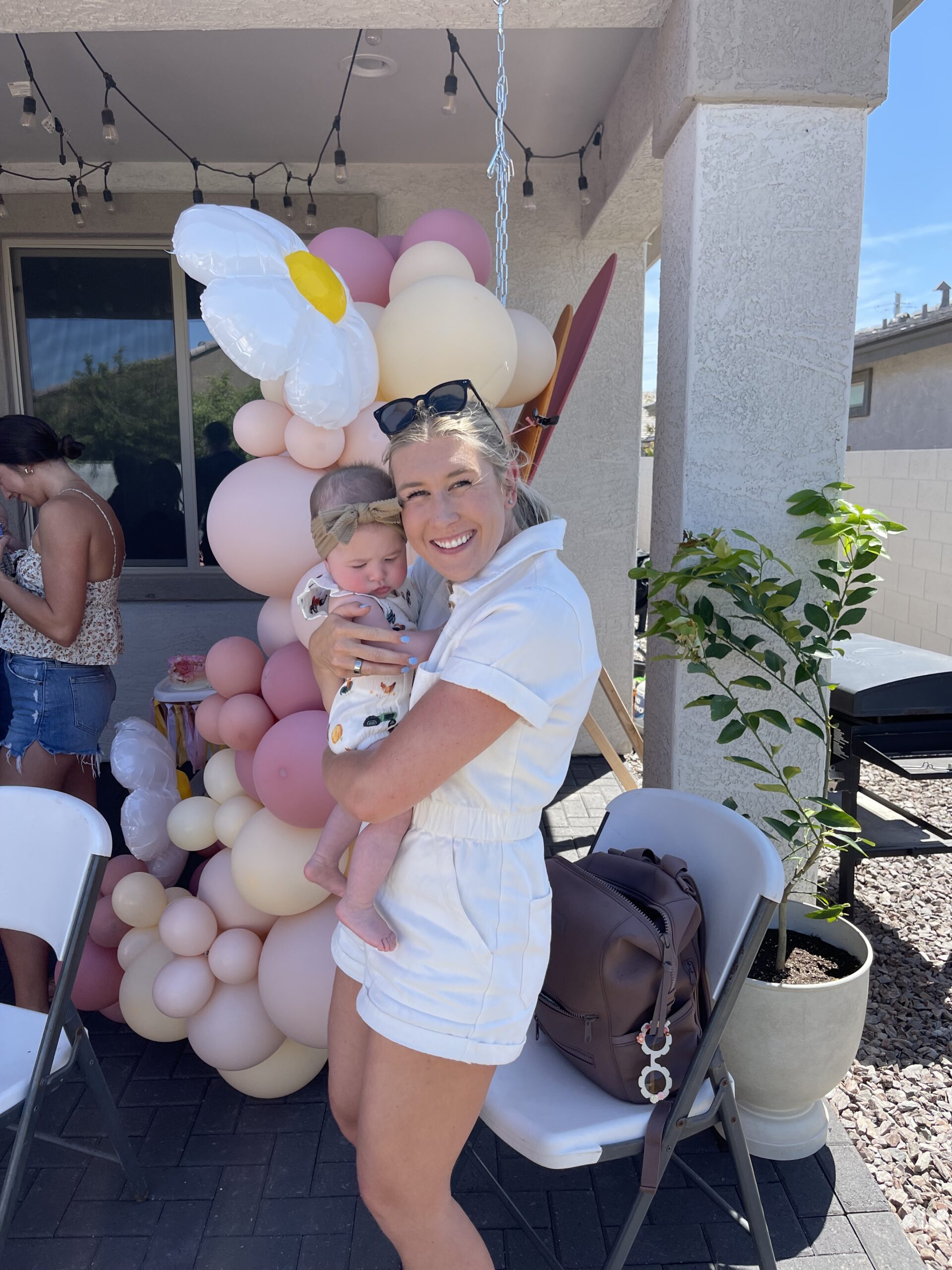The Lonely Binge: Why It Happens When You’re Alone

Written By:
Category:
Ryann Nicole
Have you ever found yourself in a situation where the mere prospect of being alone triggers a complex set of emotions and cravings that lead to binge eating? If you’ve experienced this, you know that the struggle is all too real. It’s like a secret battle that takes place behind closed doors, a battle that few can truly understand. I’ve been there, perched on the edge of my bed, waiting for that door to close, and the house to be still, a time when I could be alone with my thoughts and the contents of my kitchen. In the solitude, I’d devour whatever was within reach, trying to satisfy a hunger that went beyond just food. But I’d always ensure it was just enough to avoid suspicion from anyone else.
And then, when the fog of the binge lifted, I’d be left with a potent cocktail of sickness and shame. Each time, I’d promise myself, “I’ll never do this again.” Yet, somehow, I’d find myself locked in a vicious cycle, a relentless loop of restriction followed by binge eating, the pattern repeating itself again and again. It wasn’t until I decided to confront the root of my bingeing tendencies head-on that I began to see a glimmer of hope. I realized that the key lay in addressing not just the act of binging itself but also the physical and mental restrictions that I was imposing upon myself, even when I wasn’t alone. Join me as we delve into this journey of self-discovery and healing, uncovering the hidden factors that lead to binge eating when we’re alone and the transformative steps we can take to break free from this cycle.
Why Binges Happen When Alone
The primary reason you binge when you’re alone (oftentimes at night) is if you are restricting your food intake during the day—and we can often do it in sneaky ways that don’t appear obvious at first. Here are some questions to ask to figure out if you’ve been restricting during your day:
Are you eating 3 nourishing meals daily?
Think about your eating habits. Have you been having three filling and nourishing meals every day? If the answer is no, there might be a link. Our bodies need regular meals to function properly. When we don’t give them the food they need, it’s like sounding an alarm. It can make us feel really hungry, and that’s when binge eating can happen.
Imagine your body as a car. To keep it running smoothly, you need to put fuel in it regularly. Meals are like the fuel for our bodies. Skipping them or not having enough can make our bodies think something is wrong. That’s when it goes into a kind of panic mode, and that’s not good.
So, one way to help prevent those lonely binges is to make sure you’re eating three satisfying meals each day. It’s like giving your body the right amount of fuel it needs to keep everything in balance and avoid those sudden, overwhelming cravings that lead to binge eating.
Are you counting calories?
Okay, so you’ve had three meals in a day, but here’s the thing: those meals might have been really low in calories. Low-calorie meals can leave your body feeling unsatisfied, like it’s missing something essential. Your body is still hungry, and it might start sending signals to your brain, saying, “We need more food!”
When your body feels hungry, and it’s not getting the energy it needs, that’s when the urge to binge can creep in. It’s almost like your body is trying to make up for the lack of nourishment earlier in the day by encouraging you to eat a lot all at once.
OR if you are obsessing over calories, it’s possible that mental restriction is at play. If you relate to this, begin challenging yourself to detach from the calorie counting.
Now, let’s talk about the mental side of things. If you’re constantly thinking about and obsessing over the number of calories in your food, you might be mentally restricting yourself. This means you’re putting a lot of pressure on yourself to eat a certain way, and it’s often not in a healthy way.
Counting calories can be a bit like trying to control your every bite. It can make eating feel like a chore, rather than something enjoyable. When you’re constantly worrying about the calories, it’s hard to fully enjoy your meals.
If you find yourself in this situation, it’s essential to challenge yourself to detach from calorie counting. Instead of thinking about every single calorie, focus on how your body feels. Pay attention to your hunger and fullness cues. Are you truly hungry? Do you feel satisfied after a meal? This shift in mindset can help you break free from the mental restriction that might be contributing to your binge eating.
Do you feel satisfied by your meals?
Feeling satisfied after a meal is a critical part of the eating experience. It’s like getting to the finish line during a race; you should feel like you’ve completed something and are ready to move on with your day. But if you’re stopping your meals before you reach this satisfaction point, your body might still be craving more food.
This unfulfilled feeling can create a sense of emptiness, which might lead to those late-night binges. Your body, unsatisfied by your earlier meals, is still searching for that sense of fullness and comfort that it deserves. It’s like it’s saying, “I need more!”
So, it’s essential to pay attention to your body’s signals. If you’re not feeling satisfied after your meals, it’s time to make some changes. Try to eat until you feel full and content, rather than stopping when you think you should. It’s all about giving your body what it needs, both physically and emotionally, to help reduce those urges to binge eat when you’re alone.
Do you feel ashamed about your food choices?
Shame can be a heavy burden. It’s like carrying around a bag of negative feelings about what you’ve eaten. If you’ve ever eaten something and then felt really bad about it, you know what we’re talking about. Maybe you called yourself names or said mean things to yourself because of what you ate. This inner voice can be incredibly harsh.
The problem with shame is that it can lead to a cycle of self-punishment. When you feel guilty about eating something, it might make you want to eat more to comfort yourself. It’s like trying to fill an emotional void with food.
The solution here is to be kind to yourself. Remember that it’s okay to enjoy the foods you love, and it’s perfectly normal to indulge occasionally. Instead of punishing yourself for your food choices, try practicing self-compassion. Treat yourself with the same kindness and understanding you would offer to a friend. By breaking free from the cycle of shame and self-punishment, you can reduce the likelihood of binge eating at night and build a healthier relationship with food.
In conclusion, understanding why you binge when you’re alone is a crucial step in your journey towards recovery. Loneliness, restriction during the day, and the emotional burden of shame can all contribute to this behavior. By acknowledging these factors and making positive changes in our relationship with food, you can regain control over your eating habits, find balance, and ultimately, feel more at peace with food. Remember, you’re not alone in this struggle, and with the right mindset and support, you can overcome binge eating and pave the way for a happier, healthier you.
Keywords: binge eating, binge eating disorder, why do I binge when I’m alone
Struggling With Body Image? Check These Out:
- 096. Trusting The Binge Eating Recovery Process: How To Keep Pushing Forward When Things Are HARD (and clothes are getting tight)
- 083. What I do on bad body image days (so it doesn’t ruin my day!)
- 072. Why You Need To Accept Your Body TODAY (even if you don’t love it)
Must Read Books To Improve Your Relationship With Food
Just so you know, I do review everything I recommend. When you buy through links on this page, we may earn a commission.
Intuitive Eating by Elise Resch and Evelyn Tribole
When it was first published, Intuitive Eating was revolutionary in its anti-dieting approach. The authors, both prominent health professionals in the field of nutrition and eating disorders, urge readers to embrace the goal of developing body positivity and reconnecting with one’s internal wisdom about eating―to unlearn everything they were taught about calorie-counting and other aspects of diet culture and to learn about the harm of weight stigma.
Health At Every Size by Lindo Bacon
Fat isn’t the problem. Dieting is the problem. A society that rejects anyone whose body shape or size doesn’t match an impossible ideal is the problem. A medical establishment that equates “thin” with “healthy” is the problem. The solution? Health at Every Size. Tune in to your body’s expert guidance. Find the joy in movement. Eat what you want, when you want, choosing pleasurable foods that help you to feel good. You too can feel great in your body right now—and Health at Every Size will show you how.
Anti-Diet by Christy Harrison
In Anti-Diet, Christy Harrison takes on diet culture and the multi-billion-dollar industries that profit from it, exposing all the ways it robs people of their time, money, health, and happiness. It will turn what you think you know about health and wellness upside down, as Harrison explores the history of diet culture, how it’s infiltrated the health and wellness world, how to recognize it in all its sneaky forms, and how letting go of efforts to lose weight or eat “perfectly” actually helps to improve people’s health—no matter their size. Drawing on scientific research, personal experience, and stories from patients and colleagues, Anti-Diet provides a radical alternative to diet culture, and helps readers reclaim their bodies, minds, and lives so they can focus on the things that truly matter.
Just Eat It by Laura Thomas
With a perfect blend of scientific expertise and relatable anecdotes, the author dismantles societal myths around food and body image. Through practical advice, self-reflection exercises, and a touch of humor, Thomas equips readers with the tools to break free from the cycle of diet culture, promoting self-love and nourishment. This book is an essential companion for anyone seeking to redefine their approach to food, fostering a positive and sustainable lifestyle.
Ryann Nicole
Licensed Therapist, Certified Nutritionist, and Virtual Wellness Coach
Ryann is a licensed therapist and virtual wellness coach who has assisted individuals worldwide in establishing a healthier relationship with food and their bodies.
Are You Ready to Heal Your Relationship With Food?
I understand—it can be overwhelming to figure out where to begin. Let's simplify things and have you start right here:
Why Am I Overeating?
First Steps To Stop Binge Eating
The Food Freedom Lab Podcast
FREE QUIZ
FREE GUIDE
Podcast
the food freedom lab podcast




